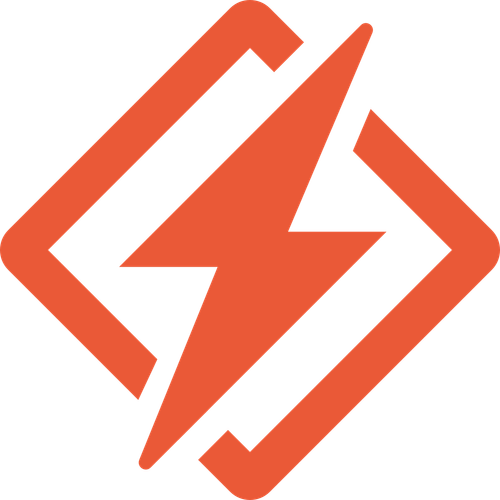
Company Spotlight: How Honeybadger Built a Profitable Bootstrapped Business on Rails
If you’ve worked on a Rails app in the last decade, there’s a good chance that Honeybadger has helped you fix a bug in your code or improve your application’s performance. But behind this essential monitoring tool is a story many developers aren’t aware of.
Honeybadger has never raised VC funding and doesn’t have a large engineering team working behind the scenes. The business started with a simple frustration shared by a small team of Rubyists and has grown organically and sustainably ever since. Today, its error monitoring service is hugely popular within the Ruby community and beyond.
In the early 2010s, Joshua Wood, Ben Curtis, and Starr Horne were working together as Ruby consultants. Around this time, the most popular error tracking tool for Ruby was acquired by a competitor, after which its support quality dropped and it stopped delivering reliable results.
As Joshua Wood, one of Honeybadger’s co-founders, shares: “The user experience was so bad, we decided to build our own exception monitoring app.”
The team worked tirelessly over nights and weekends to create something that they themselves needed. They launched the product in October of 2012 and got paying customers on day one.
“We loved Honeybadger so much that we wanted to share it with other developers like us,” Wood says.
From the beginning, Rails was the obvious choice for building Honeybadger. “There was no question of which tech stack to choose. Rails has been critical to our ability to ship fast and scale quickly as a small team,” says Wood.
Honeybadger started with a monolith and has broken out a few services into plain Ruby/Rack apps and Go services over the years; however, the core application and processing pipeline are still primarily Rails-based.
“Ruby is a joy to use, and happier developers tend to be more productive,” says Wood. “Rails multiplies that baseline productivity by providing conventional solutions to common problems in a full-stack environment that everyone on the team can understand.”
For more than a decade, the team has remained lean (with no more than five full-time developers at one time), but they ship at a pace that rivals companies ten times their size. “We were already deploying multiple times per day when we started (using Capistrano), and while we have more CI/automation today, [our pace] hasn’t changed. One of our favorite things is shipping small feature requests on the same day customers ask for them,” says Wood.
Over time, Honeybadger has grown beyond error tracking. Most recently, they launched Honeybadger Insights, an observability and performance monitoring tool built for Rails teams. “It’s the most ambitious thing we’ve done both architecturally and at the UI layer,” says Wood.
Even with all this progress, Honeybadger has stayed true to its roots as a developer-first, bootstrapped business. “Because we are 100% self-funded, we answer to no one but our customers.”
The company culture also reflects this: “We highly value personal autonomy and work-life balance and try to actually live those values,” says Wood. “We were working 30-hour weeks before 4-day weeks became popular, and that’s still our target.”
Honeybadger’s long-term mission has always been clear: “We want to do for monitoring what Ruby and Rails have done for development—improve developer happiness and make teams of all sizes more efficient.”
You won’t see Honeybadger raising funding rounds or scaling a big sales team, but you will see them at RailsConf 2025 in Philadelphia this summer, learning and celebrating alongside the community that helped them get started.
“RailsConf has been such an important conference for us over the years,” says Wood. “I’m looking forward to reconnecting with friends, meeting new people, and hearing all the stories I’m sure will be told.”
Honeybadger is also a RailsConf sponsor. Tickets for the event (July 8-10 in Philadelphia, PA) are now on sale!
Interested in becoming a sponsor? Reach out to our Sponsorship Manager, Tom Chambers, at sponsorships@rubycentral.org to learn more!
April 28, 2025